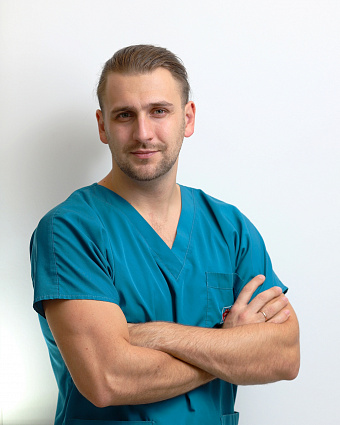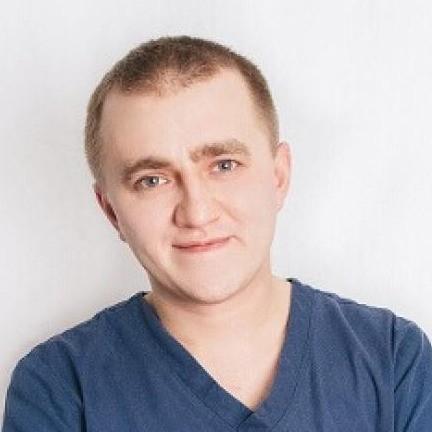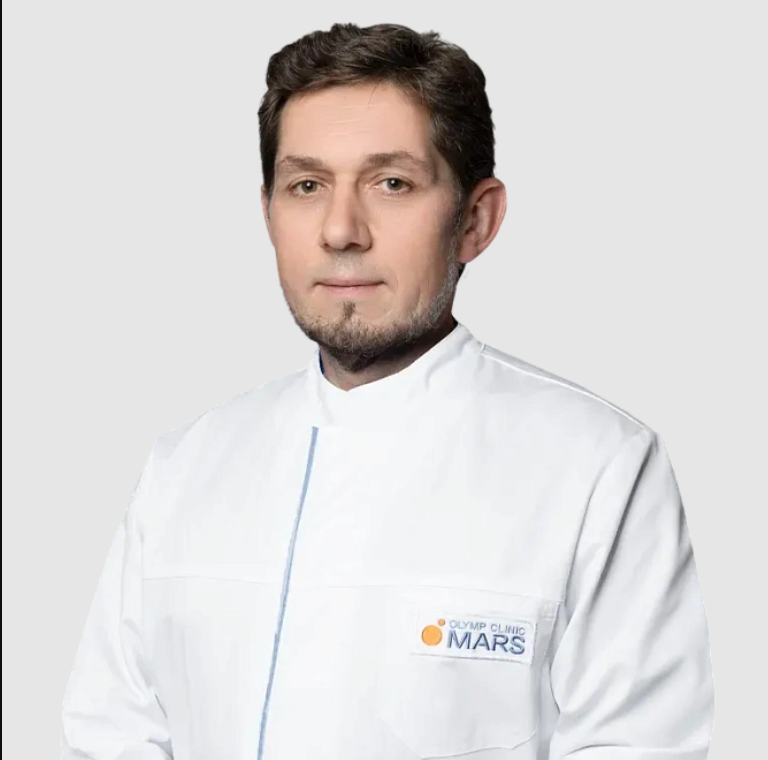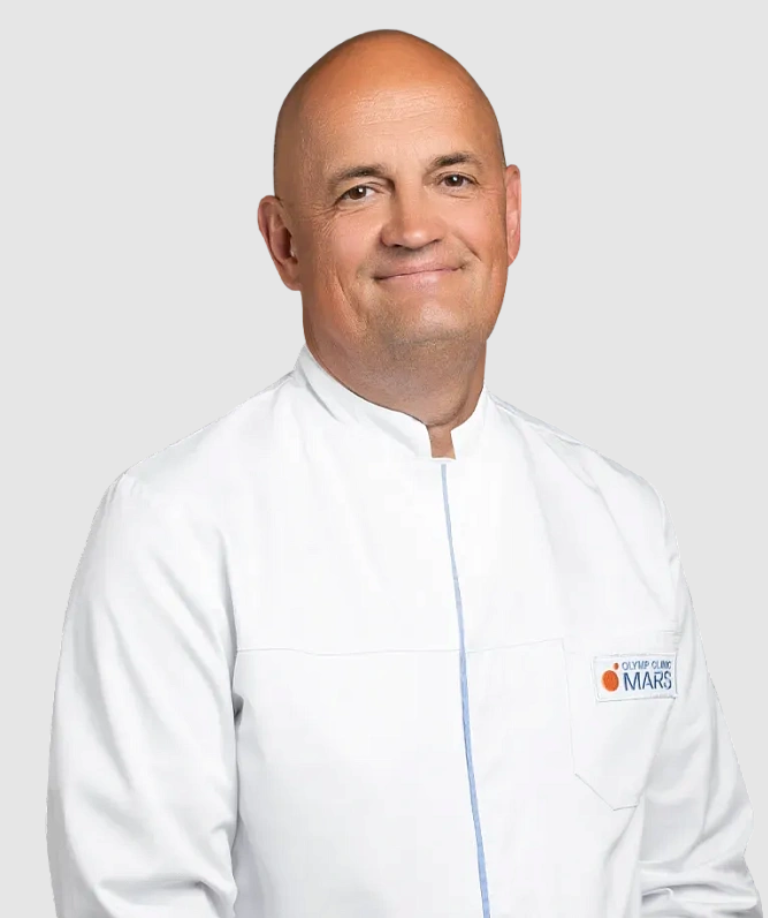Cleft Palate and Cleft Lip
Cleft palate is a congenital developmental defect characterized by an opening in the upper palate. The condition can affect the soft and hard palate, the upper lip, and the nasal septum. Cleft palate is often associated with cleft lip, impacting not only the appearance of the face but also speech, breathing, and feeding. The defect requires early diagnosis and staged treatment, including surgery, orthodontic correction, and speech therapy.
Causes of Cleft Palate Development
The main causes of cleft palate formation are related to fetal developmental disorders. These include:
-
Genetic mutations
-
Hereditary diseases
-
Harmful influences during pregnancy (infections, medications, alcohol)
-
Deficiency of vitamins and minerals in the mother
-
Exposure to radiation or toxins in early pregnancy
Classification of Defects
There are several types of cleft palate:
-
Complete cleft of the palate (soft and hard palate)
-
Incomplete cleft (only the soft palate)
-
Unilateral or bilateral cleft
-
Cleft palate combined with cleft lip
This classification helps doctors determine the optimal treatment method.
Manifestations of Cleft Palate
The signs of cleft palate are visible immediately after birth. Main symptoms include:
-
Opening in the palate
-
Feeding and sucking difficulties in newborns
-
Frequent ear infections and ENT inflammation
-
Nasal-sounding speech
-
Malocclusion and dental growth issues
Diagnosis of Cleft Palate
Diagnosis is usually made in the first days of a child’s life. The doctor performs a visual examination and refers the patient for additional tests, or for consultations with an ENT specialist, orthodontist, or geneticist if needed. Modern prenatal diagnostics can detect the defect before birth.
Treatment Methods for Cleft Palate
Comprehensive treatment for cleft palate begins in the first months of life and continues until the bite is fully formed.
Surgical Treatment
The primary method of correction is surgery — palatoplasty, performed in stages. The first surgery can be done between 6–12 months of age. Surgery aims to restore the integrity of the palate and normalize its function.
Orthodontic Treatment
After surgery, the child may require bite correction. The orthodontist provides treatment based on the age and degree of dental deformation.
Stages of Treatment
Treatment is staged according to the patient's age and stages of craniofacial development.
Before Tooth Eruption
Focus is placed on preparing for surgery and ensuring proper feeding.
Primary Dentition Period
Begins with the eruption of baby teeth. Orthodontic plates may be fitted, and speech therapy may begin.
Mixed Dentition Period
Reassessment of the oral cavity is conducted, and corrective measures are introduced.
Permanent Dentition Period
The final stage of treatment, aimed at completely eliminating both functional and aesthetic issues.
Post-Surgery Rehabilitation
Following palatoplasty, long-term rehabilitation is required. This includes speech therapy sessions, regular check-ups with the orthodontist, and medications to prevent inflammation. Psychological support for the child and family plays a crucial role.
Aesthetic and Psychological Aspects
The defect affects not only physical health but also the child’s self-esteem. Attention is given to appearance, speech, and social integration. Psychological support may be needed for both the child and their parents.
Cleft Palate Treatment in Russia
Clinics
In Russia, treatment is available at specialized clinics such as MEDSI, EMC, and Scandinavia. These institutions offer an integrated approach involving surgeons, orthodontists, speech therapists, and psychologists.
Cost
The cost of treatment depends on the volume and stages of intervention. The average price of the initial surgery starts from $1900. Rehabilitation, speech therapy, and orthodontic treatment are paid separately.
MARUS Assistance
The MARUS platform helps patients find the right clinic, prepare documents, obtain a second medical opinion, and organize cleft palate treatment in Russia. MARUS specialists support patients through every stage — from diagnosis to rehabilitation.
Ophthalmology
Oncology
Dentistry
Oncohematology
Care Assistants
All information on this website is provided for informational purposes only and does not constitute medical advice. All medical procedures require prior consultation with a licensed physician. Treatment outcomes may vary depending on individual characteristics. We do not guarantee any specific results. Always consult a medical professional before making any healthcare decisions.

Doctors
Choose the package that suits you best — from selecting the right doctor and clinic to full trip and treatment organization
MARUS support options
Choose a package that works for you — from choosing your doctor to full-service travel and treatment
Send a request
You choose the clinic — we’ll take care of travel and treatment arrangements and all the paperwork.





